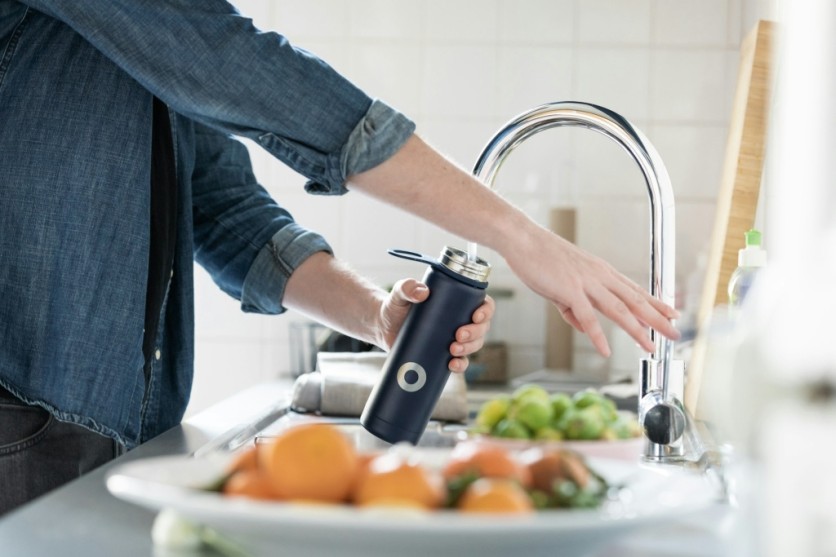Reusable water bottles are now more than just practical and sustainable; many people are carrying their own 'flasks' to join the trend.
Some like to bring their hip water bottles to workplaces, and some have their bottles as a reliable workout buddy, exposing them to pathogens in these environments.
While regularly staying hydrated is great, experts now worry that many people are not aware that their water bottles could house harmful bacteria, which can make them sick.
Seeing this problem, Carl Behnke, a water bottle user and an associate professor in the School of Hospitality and Tourism Management at Purdue University, along with a team of experts, looked into how reusable bottle contamination levels are affected by usage and cleaning behaviors. What they found out will shock you.
How Dirty Is Your Water Bottle?
Behnke's study investigated the level of contamination in reusable water bottles that consumers widely use. It recognized that many people refill their bottles without properly cleaning them, posing a risk of foodborne illness.
To assess contamination, the researchers looked at total organic materials outside the bottles and coliform and heterotrophic bacteria inside.
The results revealed significant microbial contamination inside and outside the bottles (All three tests returned positive for bacteria.)
Using ATP swabs, they found levels ranging from 32 to 2510 RLU, with a median of 300 RLU. This helps show how much organic matter (like bacteria) is present.
They also checked for HPC (heterotrophic plate count), finding levels from less than 1 to 8.03 million CFU/mL (colony-forming units per milliliter), with a median of 1115 CFU/mL. This tells us how much bacteria is in the water.
Coliform counts, which indicate bacterial contamination, ranged from less than 1 to over 150 CFU/100mL, with a median of 0.5 CFU/100mL.
Furthermore, the ATP levels indicated that the bottles' exterior surfaces could host infectious organisms and potentially spread them.
How You Use Water Bottles Matter
The eye-opening study discovered that what people put in their bottles and how frequently they use and refill them affected contamination.
Bottles used for coffee or juice were more contaminated than those used only for water. Furthermore, the frequency people used and refilled their bottles increased contamination levels.

(Photo: Bluewater Sweden on Unsplash) Reusable water bottles, famous for being eco-friendly, can be dirty. A study found they often have harmful bacteria.
How to Properly Clean Your Water Bottle
Based on the findings of the study, here's a guide on how to properly clean water bottles to reduce contamination:
- Begin by rinsing the bottle thoroughly with hot water. This helps to clear away any visible debris or residue.
- Wash the bottle with warm water and a mild dish soap or detergent. Clean all surfaces, including the interior, exterior, and crevices or ridges where bacteria could hide.
- Consider using a bottle brush or sponge to clean the inside of the bottle thoroughly. This helps to remove any stubborn residue or bacteria.
- After washing, sanitize the bottle to remove any remaining bacteria. You can use inexpensive and natural sanitizing solutions, such as water, vinegar, or bottle-cleaning tablets.
- Let the bottle air dry completely before storing or using it again. This inhibits the growth of mold and bacteria in damp environments.
- Clean your water bottle regularly, ideally after each use, especially if it has been used to hold beverages other than water. Regular cleaning prevents bacterial growth even if you only use it for water.
- If you are sick, clean your water bottle more frequently to prevent germs from spreading. Use hot water and soap to sanitize thoroughly.
- If possible, choose glass bottles, as they have been shown to have lower contamination levels than metal bottles. However, proper cleaning and maintenance are critical to reducing contamination regardless of the material.
Related Article : This Gut Fungi Can Trigger Your Immune System, Making COVID Infection Worse Than Before

ⓒ 2026 TECHTIMES.com All rights reserved. Do not reproduce without permission.




